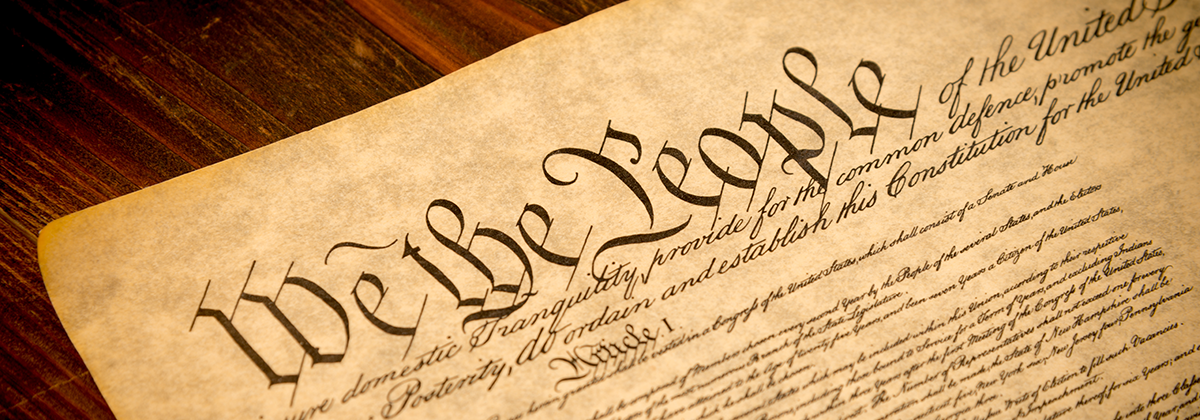Welcome back to our series “Understanding Your Rights.” We’ve already covered the first two amendments. You can find that post here: https://civicsandcitizenship.org/understanding-your-rights-bill-of-rights-1st-2nd-amendments/
Let’s Begin with the Third Amendment
The Constitution forbids the government from forcing us to house soldiers without our consent. Here is the text of the Third Amendment: “No Soldier shall, in time of peace, be quartered in any house, without the consent of the Owner, nor in time of war, but in a manner to be prescribed by law.”
The Slippery Slope and Third Amendment Application
Follow this slippery slope: The British required the colonists to provide housing for their soldiers by building barracks. Then, troops were quartered in what we today consider businesses: hotels, farm buildings, and liquor stores. If these weren’t adequate, then empty buildings were ordered to be used. Homes were also used, as history records the rapes of some wives and daughters by forced housing of foreign troops. The Third Amendment was a direct result of such gross mistreatment.
This slippery slope eventually led to the Third Amendment in 1791. Our Founding Fathers guaranteed that the government could not force us or our businesses to house soldiers.
What The Fourth Amendment Says and What We Can Learn from It
“The right of the people to be secure in their persons, houses, papers, and effects, against unreasonable searches and seizures, shall not be violated, and no Warrants shall issue, but upon probable cause, supported by Oath or affirmation, and particularly describing the place to be searched, and the persons or things to be seized.”
Here’s what I learned from this amendment:
If all Americans are entitled to equal justice under the law, we all have a right to privacy.
The Fourth Amendment does not prohibit the government from searching our homes and personal items. Rather, it protects us from unreasonable searches and seizures. What does “unreasonable” mean?
-There must be a warrant with probable cause. (What is the probable cause in this case? Wouldn’t we want to know if this were you or I?)
The probable cause must be written in an affidavit and signed by a neutral and detached magistrate. If this were you or me, wouldn’t we want to know who signed the affidavit and their background? Are they a detached magistrate? What does “detached” mean? A detached magistrate is a neutral law official, i.e., not the officer directly involved in the investigation.
Now, there might be an extenuating circumstance where a warrant does not apply, such as:
-a fleeing felon
Lawful arrest that must be made immediately
True emergency, like a house fire that might destroy evidence or harm the person(s) inside
Who Has the Rights in the Third and Fourth Amendments?
As you can see, the Bill of Rights protects our rights as citizens from the government. The Third and Fourth Amendments remind us that the government is not above the law and cannot infringe on our basic rights as citizens. Too many Americans think the Bill of Rights tells us what the government can do to us. Such a lack of understanding is not good, so we should know our rights. A government of, by, and for the people requires we know the boundaries of government and citizens so one cannot take advantage of the other.
Let’s continue to educate ourselves and others about our rights so that we can actively participate in our democracy and make informed decisions.
This is Common Sense Civics and Citizenship. 🇺🇸
Join the conversation! https://www.facebook.com/commonsensecivics

